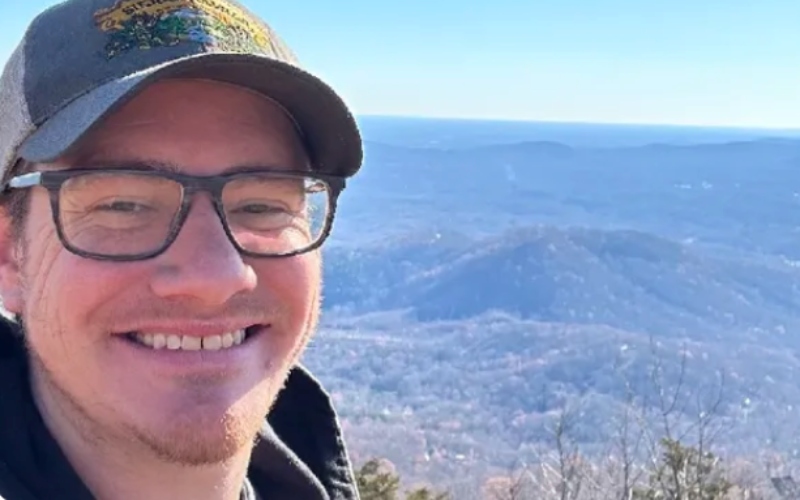PAC reaches 1,000 acres of protected farmland
Published 7:21 pm Friday, March 19, 2010
Recently, four ecologically important farms joined the Pacolet Area Conservancys growing “family” of farm lands which are permanently protected by conservation easement agreement.
This raised PACs farmland acreage protection total to 1,000 acres and 16 farms which provide the area with key diverse natural resource conservation of working lands, greenspace, forests, wildlife and natural flora.
The newly protected farms contributed to the overall total of 8,000 acres in the foothills region which PAC has helped preserve.
Each of the recently protected farms adds a unique aspect to preserving the rural character of the foothills area. Three large farms provide significant contributions to the wholeness of this areas horse country.
Maude Carrs Thickety Ridge and Hidden Hollow Farms off Golf Course Road in Columbus now conserve a total of 270 acres for growing hay, housing horses and cattle, forest management, and natural resource protection. Both Carr properties balance residential and agricultural activities with natural habitat for wildlife, flora, and waterways, as well as the perpetual use of FETA trails.
A serious horsewoman, Carr indicated a desire to keep her farms essentially in tact. Having seen equestrian areas chopped up throughout the US, the landowner wished to preserve the integrity of her land. A conservation agreement with PAC was the solution. Carrs easement limits development to specified future building sites strategically situated for enjoyment of the inherent beauty of the farms and views without interfering with the agricultural activities and natural features.
“Mrs. Carr clearly loves everything about her land. By creating a conservation easement agreement, she provided a place where future generations could have horses and other livestock and continue to ride throughout the natural countryside of their own land,” says PAC Executive Director Sally Walker.
Fox Knoll Farm
Pastures, hay fields, barns and outbuildings, as well as an extensive 118 acre “natural” area make up Fox Knoll. The natural area boasts a maturing canopy and lush understory of trees, shrubs, and herbaceous plants, as well as a 15 acre meadow and FETA-maintained riding trails. Two tributaries to White Oak Creek run through this section, one of which ultimately forms a four acre lake. Cochran structured his easement to prohibit subdivision as well as future development in his agricultural and natural areas.
A significant benefit of Cochrans foresight in protecting his property was his farms close proximity to other protected lands, allowing for exponential conservation benefits when combined with his neighbors, one of which is Maude Carr. Other PAC protected lands nearby include the Holmberg, Dalton, and Seaman properties, as well as Frank Smiths large farm protected by a conservation easement.
Another recently protected property, Sherry and Jeff Carters historic and stately 29-acre “Screven Plantation,” on Screven Road circa 1820, stands in front of a forested hillside overlooking the Pacolet River. Their conservation easement is part of the North Pacolet River Watershed, which provides drinking water for Spartanburg.
Sixty percent of the Carters land is open agricultural and provides fallow farmland for growing annual crops such as tomatoes.
This conserved property provides a vital corridor for upland wildlife, serving as a natural “greenway.” A defined natural area provides habitat associated with the Piedmont Ecoregion of the North Carolina Wildlife Action Plan. Birds such as the Carolina Wren, Tufted Titmouse, Mourning Dove, Wild Turkey, Red Tailed Hawk, Eastern Screech Owl and Belted Kingfisher are joined by the American Beaver, Vive-Lined Skink and many other documented creatures living and moving within the hardwood forest, with its multi-storied canopy.
“Donating a conservation easement is a thoughtful process of conscientious intent,” says Walker. “Each of these landowners stepped forth to protect not only their land but also the rural nature of our area.”on Peniel Road is another breathtaking equestrian retreat. It was Ed Cochrans wish to place his 167 acre farm under permanent protection while he was alive, and he was able to close a conservation easement agreement with PAC by the end of 2009 before he passed away in early March.





